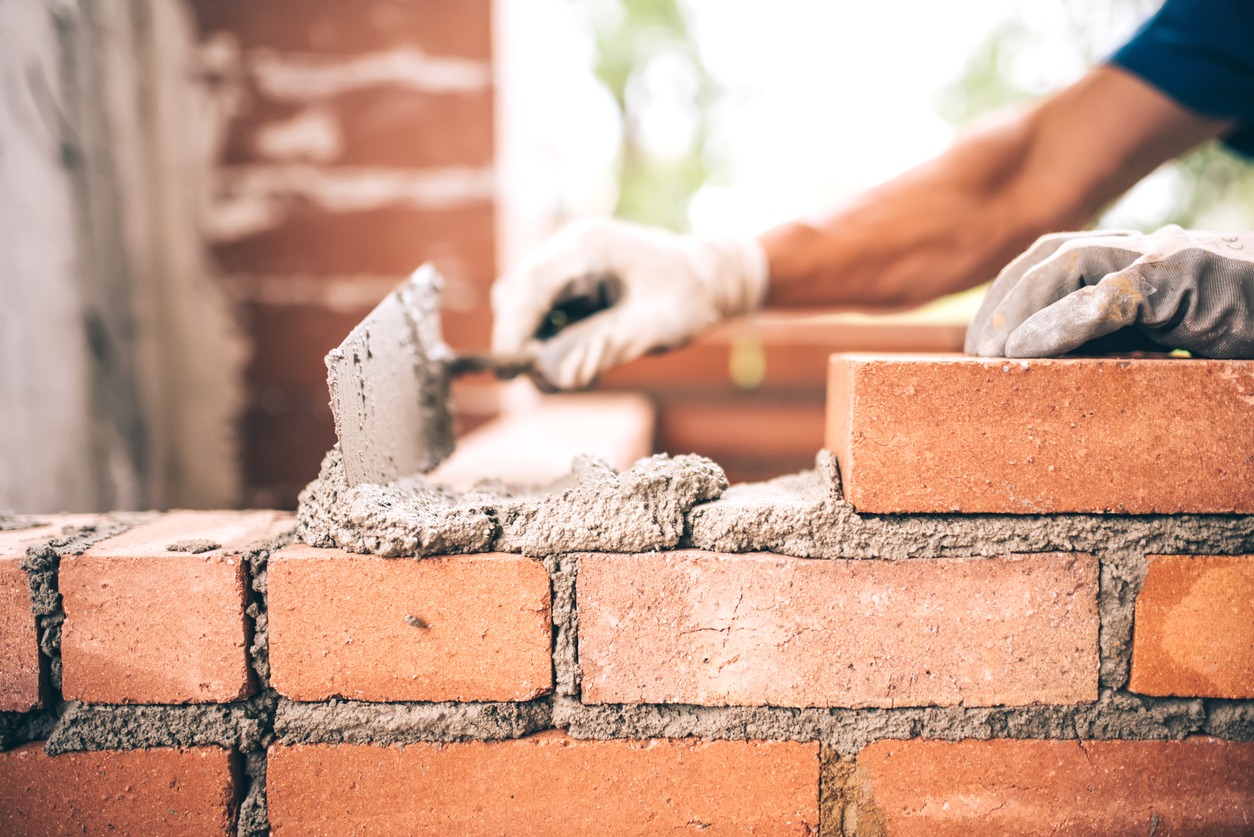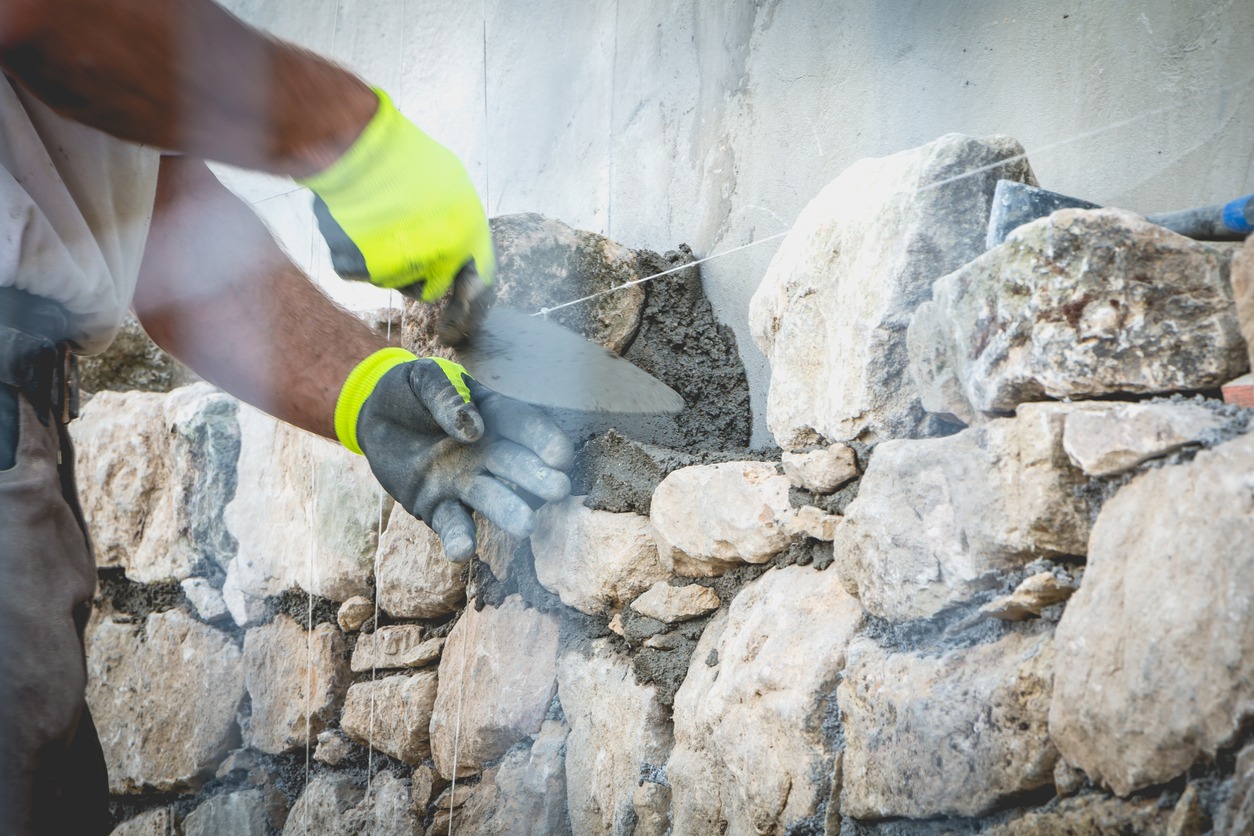When it comes to masonry work, whether it’s building a new brick wall, repairing historical stonework, or creating a bespoke patio, the quality of the craftsmanship is as important as the materials used. Masonry, an art that combines skill, precision, and an understanding of architectural beauty, can dramatically enhance the aesthetic and structural integrity of a property. However, the challenge often lies in finding the right mason, one who not only has the technical skills but also shares your vision for the project. Selecting a mason is not a decision to be taken lightly, as it often requires careful consideration and a thorough vetting process.
In this article, we will guide you through 20 essential questions to ask when hiring masonry services. These questions are designed to help you assess the qualifications, experience, and work ethic of potential masonry contractors.
1. How long have you been providing masonry services?
Experience is crucial in masonry work. A service provider with many years in the business is likely to have handled a variety of projects and encountered and solved numerous challenges. Experienced masons are typically more reliable in delivering quality work.
2. Are you licensed and insured for masonry work?
A licensed mason adheres to industry standards and local building codes. Insurance is essential to protect you from liability when it comes to accidents or property damage during the project.
3. Can you provide examples of your previous masonry work?
Seeing actual examples of their work helps you assess their craftsmanship and style. Photos, online portfolios, or even visiting past project sites can give you a sense of their quality and expertise.

4. What type of masonry work do you specialize in?
Masonry encompasses a range of work, from bricklaying to stone carving. Knowing their specialization helps in determining if they are the right fit for your specific project, whether it’s restoration, new construction, or decorative work.
Take a look below for more details on the different types of masonry work that you can get done for your property.
- Brick Masonry – One of the most common and traditional forms, brick masonry involves constructing structures by laying individual bricks in a specific pattern and binding them together with mortar. It’s known for its durability, fire resistance, and classic aesthetic appeal.
- Stone Masonry – This involves the construction of structures using natural stones. Stone masonry is categorized into two main types – rubble masonry (using rough, uncut stones) and ashlar masonry (using cut and dressed stones). It’s prized for its strength, weather resistance, and unique beauty.
- Concrete Block Masonry – Also known as cinder block or CMU (Concrete Masonry Unit) masonry, this type involves the use of concrete blocks in construction. It’s a cost-effective and efficient method, often used in building foundations, walls, and other structural elements.
- Stucco – This is a decorative coating made from aggregates, a binder, and water. Stucco is applied wet and then hardens to a dense solid, used for coating walls and ceilings. Stucco provides a smooth or textured finish to the exterior of buildings.
- Decorative Masonry – This includes creating patterns, designs, or artistic elements within a masonry structure. It can involve intricate brickwork, decorative stonework, or embedding items like tiles or colored glass.
5. Do you have experience with the specific materials I want to use?
Different masonry materials, such as brick, stone, or concrete blocks, require specific skills. Ensure that the mason has experience with the materials you intend to use for your project.
6. Can you provide references from past clients?
References allow you to verify their work quality and professionalism. Speaking to previous clients can also give insights into how the mason handles communication and project management.
7. How do you handle sourcing materials?
Understanding who is responsible for sourcing materials is important for budgeting and design consistency. Some masons may have preferred suppliers or can offer guidance on where to source the best materials.
8. What is your estimated timeline for a project like mine?
Knowing the expected duration of the project helps in planning and setting expectations. It’s also useful to understand how they handle delays, especially those due to weather or material availability.
9. How do you ensure the quality and durability of your work?
Quality and durability are key in masonry. Discuss their process and techniques to ensure the structural integrity and longevity of their work.
10. Do you provide a detailed written contract and estimate?
A written contract protects both parties. It should detail the scope of work, materials to be used, timeline, cost, and any other important aspects of the project.
11. How do you approach repairs and restorations differently from new constructions?
Repairing or restoring masonry, especially in historical buildings, often requires different techniques and sensitivity to the original style. Ensure the mason has the skills and knowledge for such specialized work if your project involves restoration.
12. What kind of warranty or guarantee do you offer on your work?
A warranty or guarantee demonstrates confidence in their workmanship. Clarify what is covered and the duration of the warranty.
13. How do you manage safety and compliance on the job site?
Safety is paramount in construction work. The mason should adhere to safety regulations and ensure that their work complies with all relevant building codes.
14. Do you handle all aspects of the project, or do you subcontract some of the work?
Understanding whether they subcontract any part of the project is important for assessing consistency in quality and accountability.
15. How can you handle changes or unexpected challenges during a project?
Flexibility and problem-solving are important in construction. Knowing how they deal with changes or unforeseen issues can give you an idea of their adaptability and reliability.
16. What are your payment terms and conditions?
A clear understanding of payment terms helps avoid financial misunderstandings. Discuss the payment schedule, deposit requirements, and accepted forms of payment.
17. Can you accommodate specific design requests or custom work?
If you have unique design elements or custom work in mind, it’s important to know if the mason can fulfill these requirements effectively.
18. How do you ensure minimal disruption and cleanliness during the project?
Masonry work can be messy and disruptive. A professional mason should take measures to minimize the impact on your daily life and ensure cleanliness during and after the project.
19. Do you offer any additional services beyond masonry, such as landscaping or carpentry?
Some masonry services might offer additional services, which can be convenient if your project involves multiple aspects of construction or renovation.
20. What makes your masonry services stand out from competitors?
Understanding what differentiates them from other masons, whether it’s their expertise, customer service, innovative techniques, or competitive pricing, can help you make an informed decision.
These questions cover various aspects to consider when hiring masonry services, ensuring you choose a professional who can deliver quality work tailored to your specific project needs.
